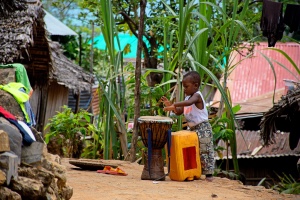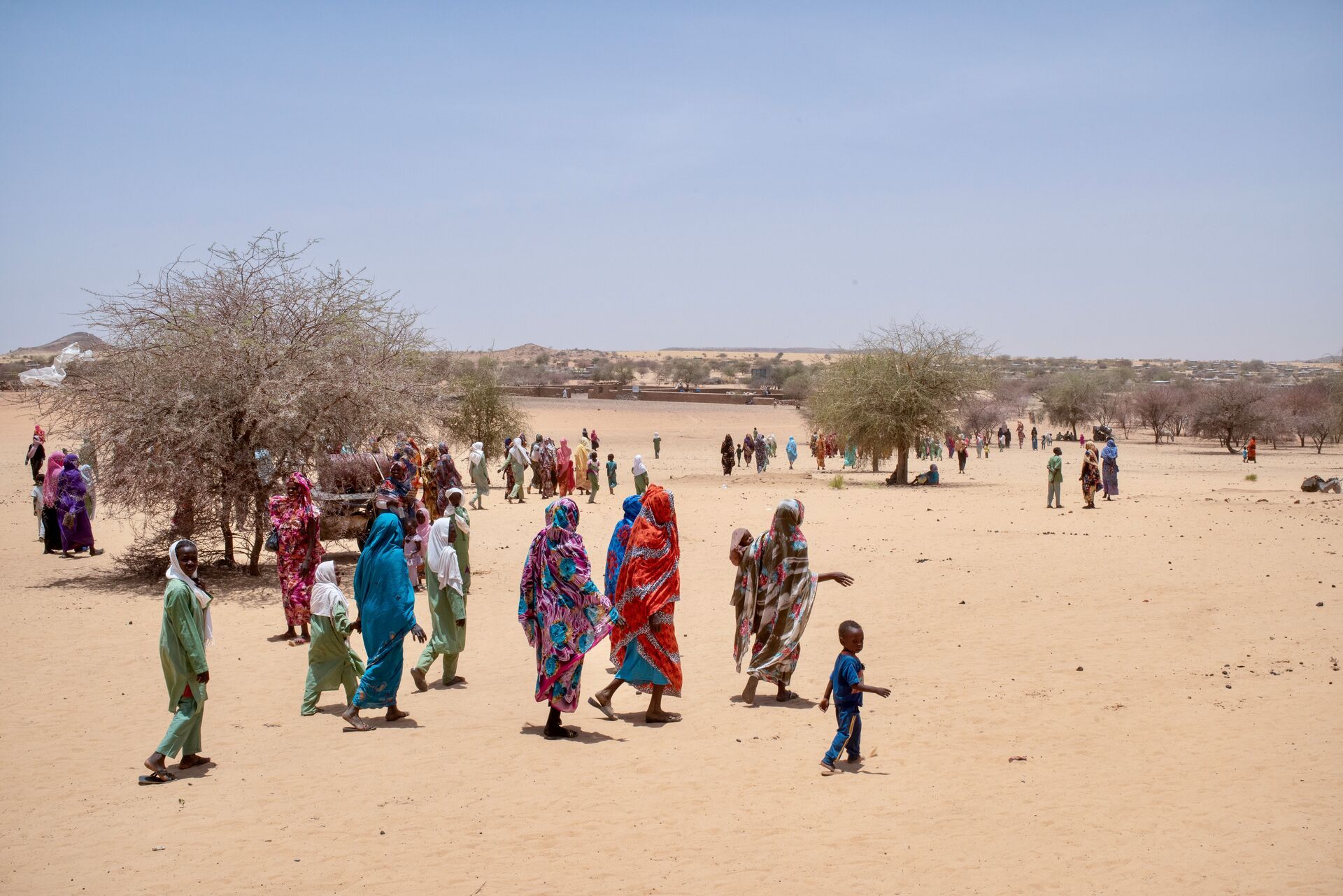
Geneva: Further support will be needed from the international community in the next decade to strengthen least-developed countries’ (LDC) participation in world trade since the COVID-19 pandemic has led to great challenges for these countries, hitting their exports hard.
Boosting trade opportunities for least-developed countries, a new publication launched on January 19, 2022 by World Trade Organization (WTO), reviews the progress made over the past decade to help LDCs further integrate into the global trading system. The volatility of commodity prices over the past ten years and the onset of the COVID-19 crisis has caused LDCs’ share of global exports to shrink to 0.91 per cent in 2020, compared with 0.95 per cent in 2011.
Overall, in 2020, LDC merchandise exports shrank by nearly 12 per cent in value terms, compared to the more than 7 per cent contraction for the world as a whole. Exports of primary commodities, such as fuel and mining products, have been hit hard with a drop of -41 per cent. Manufacturing plants shut down due to COVID-19 restrictions, and spending dropped due to stay-at-home orders; these effects translated into low demand for primary commodities from LDCs.
The LDC exports of commercial services also declined more sharply than the global average, at -35 per cent compared to -21 per cent, reflecting the disproportionate share of tourism and travel to LDCs.
The global goal of the United Nationsaimed at doubling the LDC export share by 2020 is yet to be met. LDC exports continue to be concentrated in five major destination markets: China, the European Union, the United States, India and Thailand.
“Increasing LDC participation in global trade is a shared objective of the international community. The WTO offers LDCs a unique opportunity to help shape global trade rules that respond to their trade interests. This report has illustrated the tangible benefits that LDCs working closely with WTO members have achieved over the past ten years. It is important to build on what we have achieved so far and make sure that trade continues to boost economic growth in LDCs and worldwide in the next decade and beyond,” said Director-General Ngozi Okonjo-Iweala.
Currently, 25 WTO members have notified measures under the LDC services waiver in response to the LDCs’ collective request. They represent over 86 per cent of global services trade. The notified measures cover a wide range of sectors and modes of supplies. Top sectors include business services, transport, and tourism and travel. At the same time, most of the notified measures for modes 1 (cross-border supply) and 3 (commercial presence), according to the General Agreement on Trade in Services (GATS), reflect the applied regime. In addition, some members notified measures of specific benefit to LDCs, including visa waivers for businesspersons, e-visa applications, authorized destination status for tourism purposes, and designation of specific contact points.
The report notes that LDCs’ participation in global trade can be strengthened by enhancing preferential market access for LDC exports of goods and services. It also highlights the importance of longer timeframes for LDCs to implement WTO rules, including for trade-related aspects of intellectual property. Support from development partners will also be crucial to sustain the development efforts of economies graduating from LDC status.
“The least developed countries continue to face considerable challenges in integrating into global trading systems. The United Nations will continue to support these efforts through building ambitious partnerships in the context of the Doha Programme of Action, which will be adopted at the Fifth UN Conference on LDCs (LDC5)”, said Heidi Schroderus-Fox, Acting United Nations High Representative for the Least Developed Countries, Landlocked Developing Countries and Small Island Developing States.
– global bihari bureau





